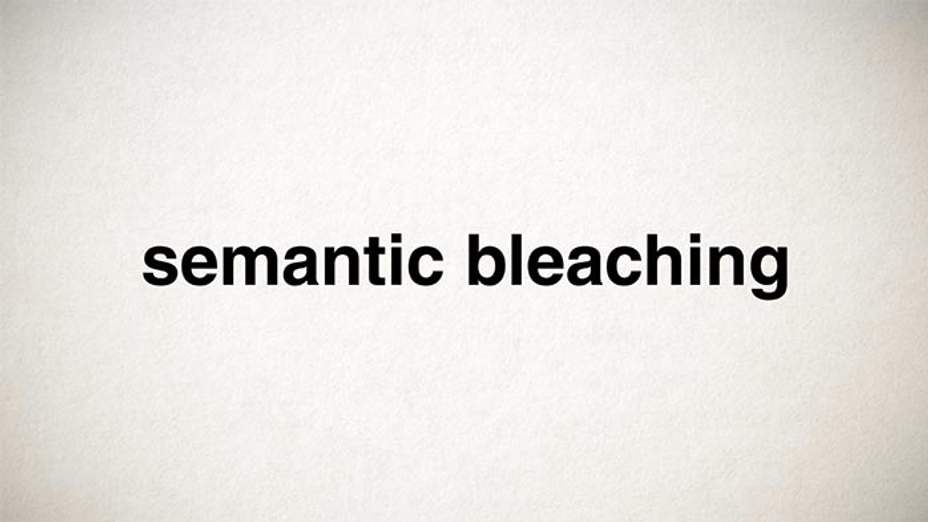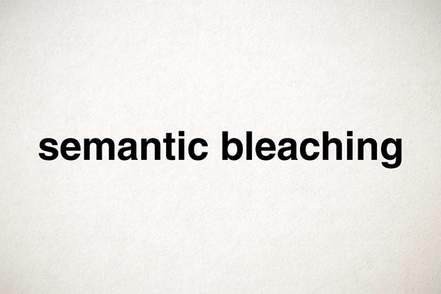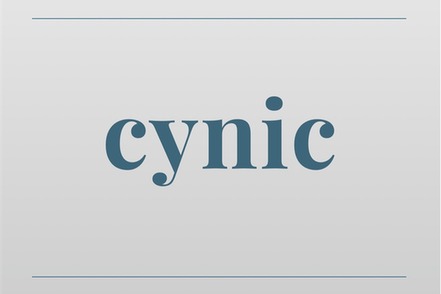Transcript
Many people complain about the use of the word literally in a way that seems well, non-literal. This is because figurative use of the word, as in, "I literally died laughing," seems to contradict the meaning of the Latin root of literally, littera, which means "letter." The problem some people have with literally is that it's a mushy adverb. If we removed it from our example and said "I died laughing," the sentence is understood in precisely the same non-literal way as hyperbole or exaggeration. Adding literally just adds emphasis. It's the salt in the stew, because the burden of meaning is on the other words, died, laughing. Therefore, if literally is added and no change results in the meaning, then literally literally carries little meaning in this particular sentence. This reduction of a word's intensity is called semantic bleaching. And it's a linguistic phenomenon that is more common than you may realize. When you say "have a great day," you don't mean have a day that is large in spatial dimension. And when you say "that movie was awesome," you don't necessarily mean that movie was expressive of awe or terror. Words like great and awesome and fantastic, amazing, awful, very, really, ultimately, and actually have meanings that have become less literal over time. Sometimes it seems as though literally is held to an adverbial double standard that makes many people question its use as an intensifier. While other words, with similar patterns of usage seem to pass without criticism. It's important to be careful about language use, but it's also important to acknowledge that language is flexible and words can have several different meanings. And anyway, effective use of intensifiers means using them sparingly. It's literally up to you.











